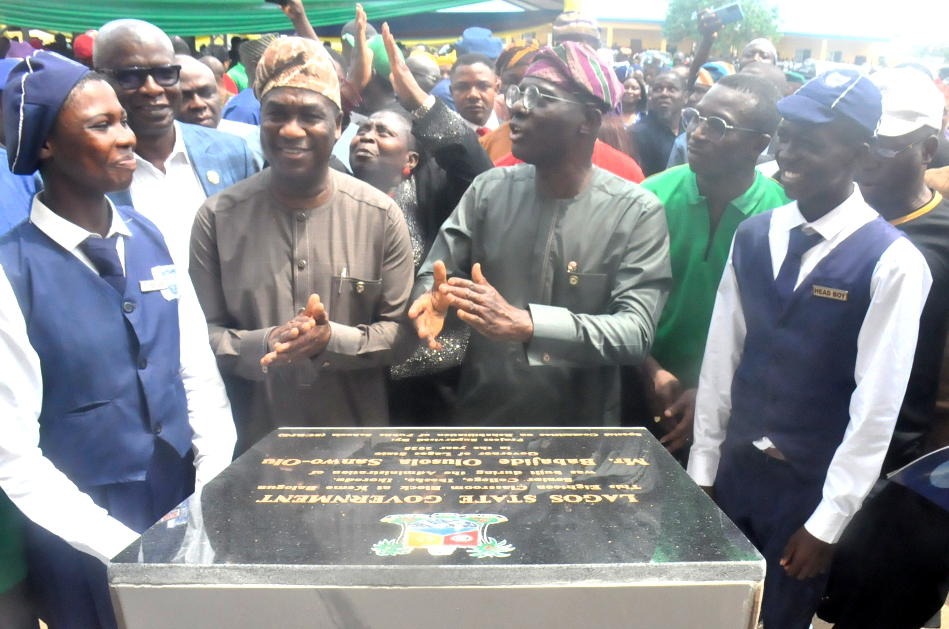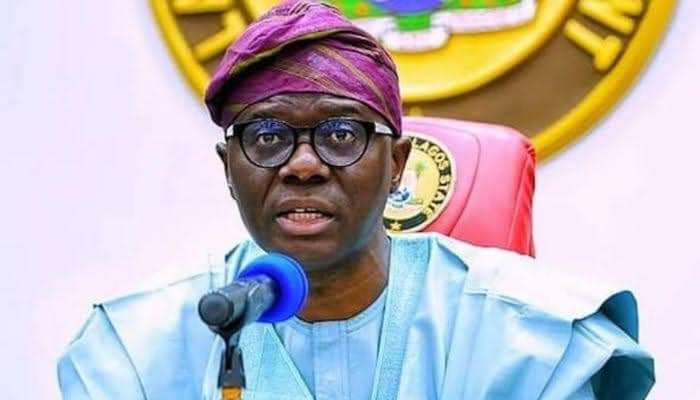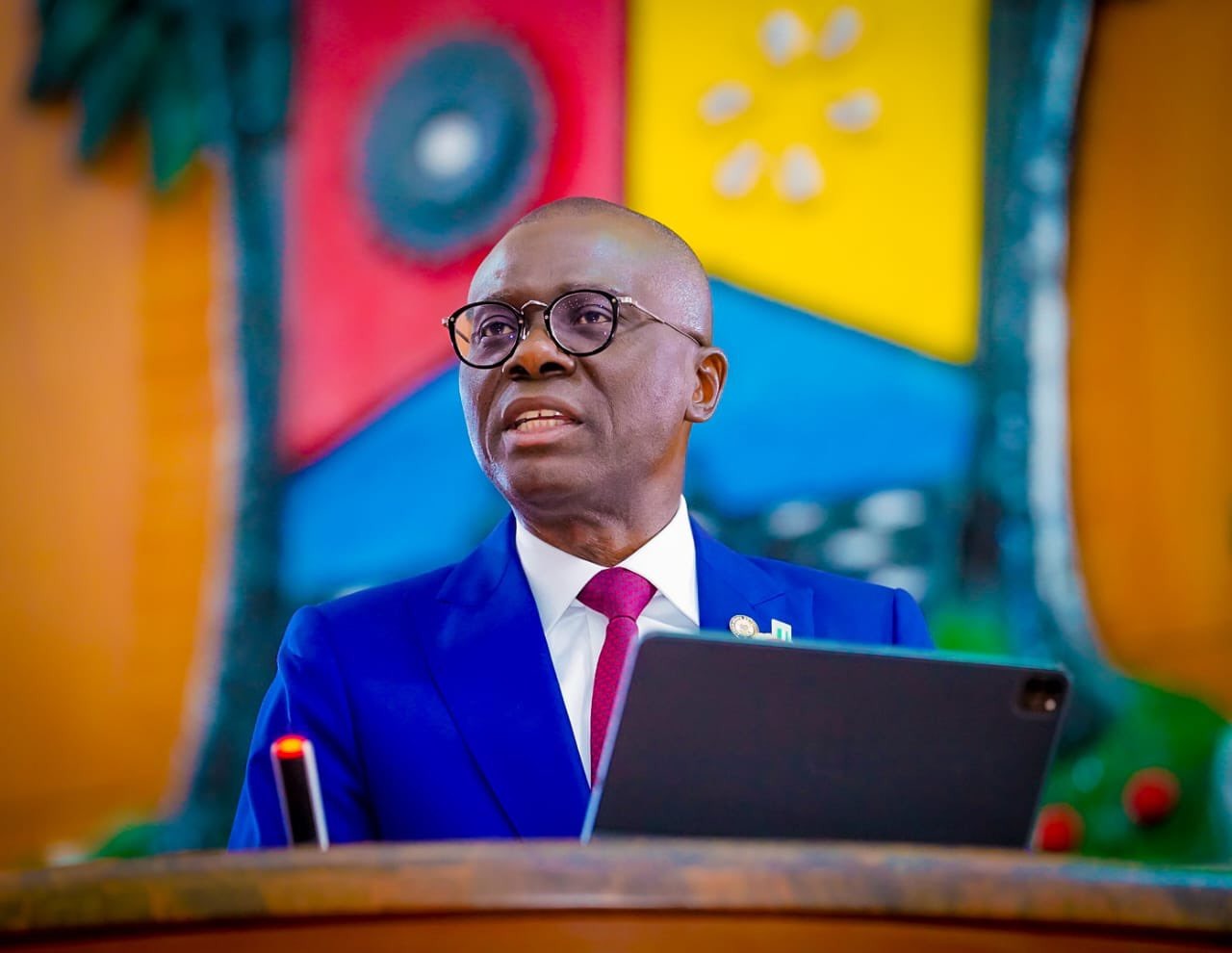The Lagos State Government has reported a significant increase in student enrolment in public schools, as many parents are now withdrawing their children from private institutions and opting for state-run schools. Governor Babajide Sanwo-Olu reaffirmed his administration’s dedication to education, emphasizing its crucial role in driving the state’s 2050 economic agenda. He made this known …


